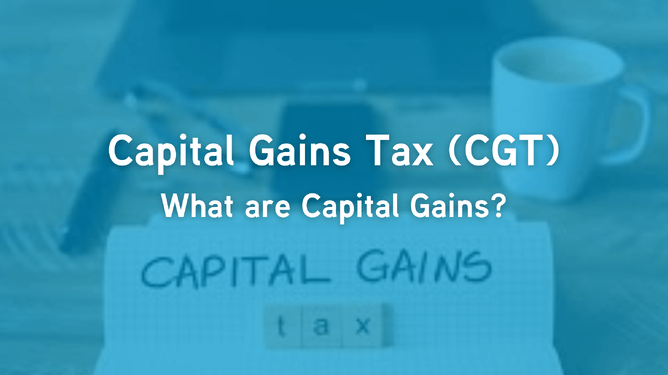Capital gains refer to the profits earned from the sale of certain assets, including investment properties(not your main residence), stocks, shares, and the sale of businesses. Capital gains tax (CGT) is a tax imposed on these profits.
As of October 2021, there are specific rules for reporting capital gains, especially on the sale of second homes. Gains related to property sales must be declared within 60 days of the sale, and any tax owed must be paid promptly. If gains not related to property, you can declare them on a self-assessment tax return.
If you are married or in a civil partnership, you can transfer assets to each other without incurring CGT. However, if the assets are later sold, you will be taxed based on the gain made during the period they were owned by the couple, not the date they were transferred.
A significant change to CGT is the reduction in the Capital Gains Allowance (CGA). From April 2023, the allowance was reduced from £12,300 to £6,000. This means that individuals will pay CGT on profits exceeding £6,000. In April 2024, the CGA is expected to be further reduced to £3,000.
It's crucial to make use of the CGT allowance each year, as it cannot be carried forward to the next year. The amount of tax paid depends on whether an individual is a basic rate or higher rate taxpayer. For example, the tax rates for the sale of property are 18% for basic rate taxpayers and 28% for higher rate taxpayers. Gains on other assets are taxed at 10% for basic rate taxpayers and 20% for higher rate taxpayers.
Certain possessions are exempt from CGT, such as a private residence and personal vehicles. Additionally, "wasting assets," defined by HMRC as assets with an expected life of 50 years or less, are exempt. Examples include caravans and pleasure boats.
CGT is charged on your total gains in each year, so if you make a profit selling one item but a loss on a second item you would deduct the loss from the gain before working out any tax that is due.
If you end up with an over loss this can be carried forward and used against profits in future years.
For any queries regarding CGT or clarification of ‘wasting assets’, reach out to your account manager for support.

